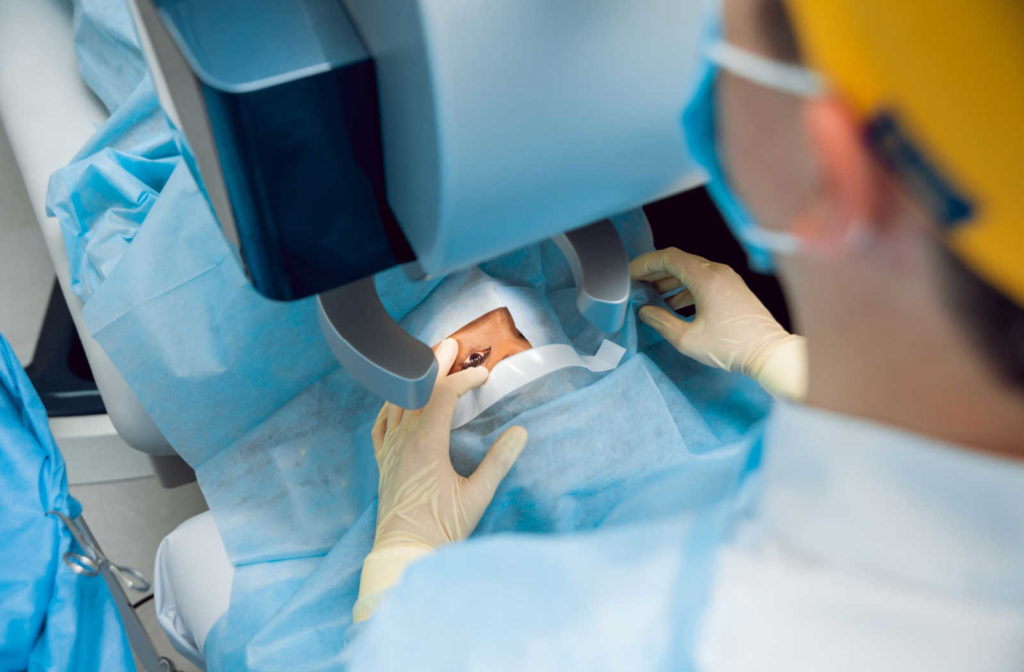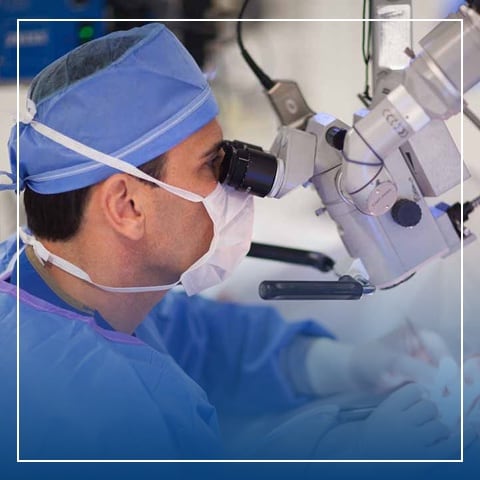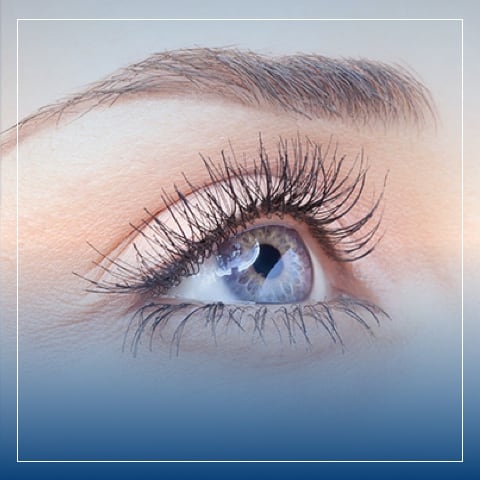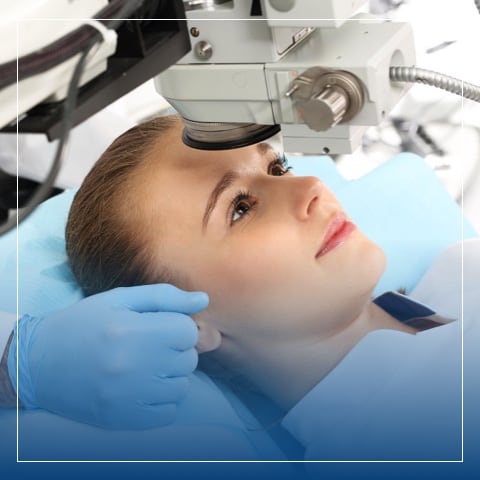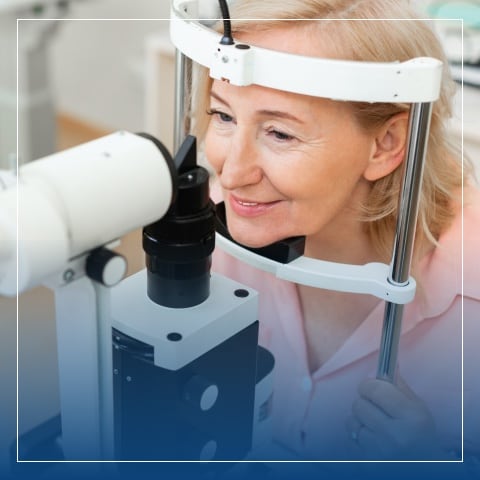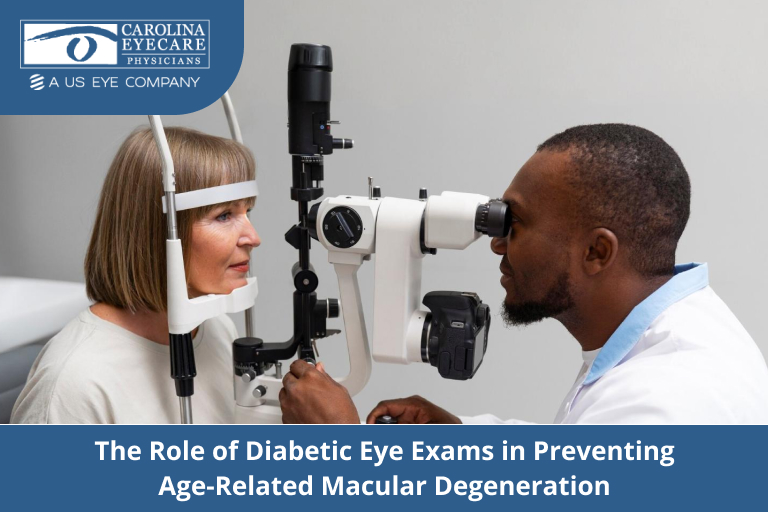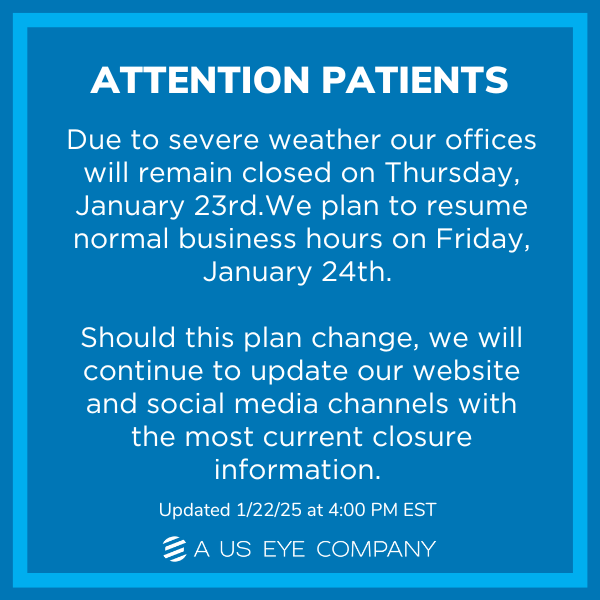Reviewed By: Berdine M. Burger, MD
Cataracts are a slow-developing form of eye disease that can affect your daily life. Early diagnosis can help manage the disease and explore your laser treatment for cataracts options with your doctor.
When cataracts begin to prevent you from going about daily activities, such as reading or driving—surgery is the only option to remove them.
But what should you expect after cataract surgery? Let’s explore the process and take a closer look at cataract surgery.
What Is a Cataract?
A cataract occurs when the normally clear lens of your eye becomes clouded. As a result, your vision becomes cloudy and obscured in the affected eye. Cataracts can make it difficult to read and drive a vehicle.
Some common signs and symptoms of cataracts can include:
- Difficulty driving at night
- Fading or yellowing of colors
- Needing better light for reading
- Sensitivity to light and glare
Because cataracts can develop slowly, it’s essential to know when it’s time to visit your doctor. Developing sudden changes in your vision is a telltale sign to get further diagnosis and laser treatment for cataracts.
Sudden vision changes can include:
- Double vision
- Random flashes of light
- Sudden eye pain
- Sudden and frequent headaches
Cataract Surgery & IOLs
During cataract surgery, the cloudy lens inside the eye is removed and replaced with an artificial intraocular (IOL) lens to restore your vision.
By combining laser cataract surgery with advanced IOLs, your vision can be restored to a more youthful state. Cataract surgery increases the likelihood of improved vision at all distances so you can once again participate in daily activities that you have been missing out on.
At Carolina Eyecare Physicians, we offer three vision options:
- Advanced Vision
- Custom Vision
- Basic or Basic+ Vision
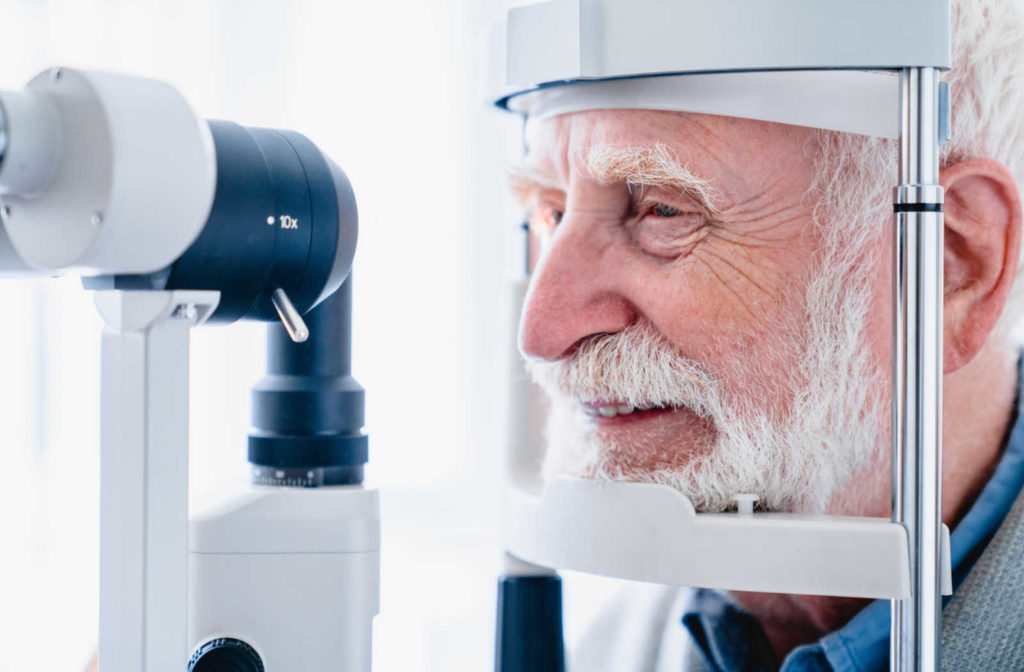
What to Expect Following Cataract Surgery
Cataract surgery is usually an outpatient procedure that takes just a few minutes per eye. Following surgery, a post-operative exam will be conducted where your doctor will give you comprehensive recovery instructions.
Your vision will begin improving within a few days and may be blurry at first as your eye heals and adjusts.
During the recovery process, some activities to avoid include:
- Stressful physical activity and heavy lifting
- Swimming and hot tubs
- Any activities that could expose your eyes to dust or dirt
Most discomfort from the procedure should disappear after a couple of days following surgery. Still, you should contact your doctor if you experience any of the following:
- Eyelid swelling
- Vision loss
- Light flashes or multiple new floaters
- Increased eye redness
Your doctor will schedule follow-up appointments with you to ensure the recovery process is going smoothly.
Benefits of Laser Cataract Removal
Cataract surgery successfully restores vision in the majority of people who are approved for and have the procedure done.
Your doctors will customize the procedure to your eye’s unique structure, resulting in better visual outcomes with patient safety in mind.
Laser cataract removal can allow you to get back to activities you enjoy, such as playing sports, swimming, sewing, and tennis, without the inconvenience of glasses. The advancements in cataract diagnosis and surgery allow for a flexible laser treatment for cataracts option. Clear vision is more attainable than ever.
Regain the Vision of Your Youth
Cataract surgery is a standardized and common procedure. IOL technology has made cataract surgery a viable option for many people seeking to regain the vision of their youth.
Schedule an appointment with us at any of our locations in Belle Hall, Walterboro, Mary Ader, Sam Rittenberg, Hilton Head, Bluffton, SC, USA, today to learn more about cataract surgery.
**The information provided in this blog on cataract surgery is for general informational purposes only. Remember to seek advice from a qualified eye care professional with any questions you may have regarding your specific medical condition or treatment options**

